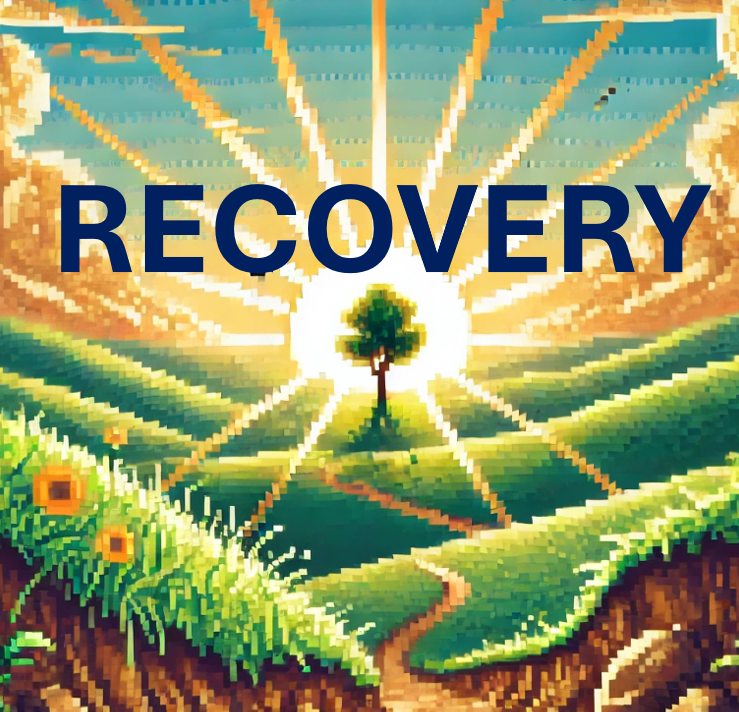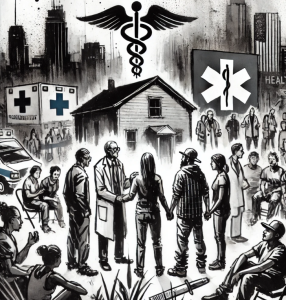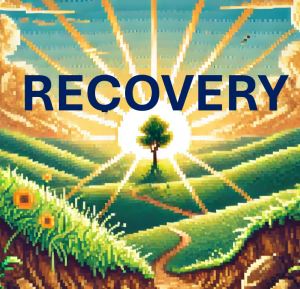
Finding Meaning in Recovery: How Identity Shapes Well-Being for Those in Recovery
What does it really mean to be “in recovery”? For millions of people overcoming substance use disorders (SUDs), the answer can shift daily. Some days, the identity feels strong—a source of pride and purpose. Other days, it wavers, making the journey more challenging.
A recent study sheds new light on this dynamic experience, showing that a person’s sense of recovery identity is closely linked to their daily sense of meaningfulness. The stronger a person feels connected to their recovery, the more meaningful their day tends to be. But what happens when that identity weakens? This research suggests that attending a recovery meeting can help soften the blow, offering a crucial support system for individuals on difficult days.
These findings highlight an essential yet often overlooked aspect of recovery: it’s not just about abstaining from substances—it’s about building a fulfilling and meaningful life.
Recovery Identity and Meaningful Days
The social identity model of recovery (SIMOR) proposes that adopting a recovery identity—seeing oneself as a person in recovery—is key to long-term success. This study tested the idea that recovery identity is not static but instead fluctuates from day to day. Researchers surveyed 91 individuals attending recovery community centers (RCCs) in Pennsylvania, tracking their recovery identity and daily sense of meaningfulness over ten days.
The results were striking:
- On days when participants felt more connected to their recovery identity, they also reported higher levels of meaningfulness.
- When their recovery identity was weaker, their sense of meaning suffered.
- However, attending a recovery meeting on a low-identity day helped buffer this effect, preventing a steep drop in meaningfulness.
In other words, on tough days when people feel disconnected from their recovery, engaging with a supportive community—especially in structured meetings—can provide a much-needed anchor.
Why Recovery Meetings Make a Difference
Not all recovery support settings had the same effect. Surprisingly, while RCC attendance was expected to boost meaningfulness in the same way as meetings, the study found that RCC visits didn’t significantly moderate the recovery identity-meaningfulness link. Why might this be?
One possible explanation lies in the unique structure of recovery meetings. These meetings, often built around 12-step programs, emphasize storytelling and shared experiences. Hearing others discuss their struggles and triumphs can reaffirm one’s own sense of purpose and commitment.
On the other hand, RCCs serve multiple functions. While they offer valuable resources—such as employment assistance and recovery coaching—they may not always provide the same direct emotional reinforcement that recovery meetings do. Future research may explore whether certain activities within RCCs could be tailored to provide the same benefits.
What This Means for Public Health and Recovery Support
This study has important implications for how we think about and structure recovery support:
- Recovery identity is fluid: Recognizing that recovery identity fluctuates daily means that interventions should be flexible and responsive to individual needs.
- Recovery meetings are a vital safety net: Encouraging individuals to attend meetings, particularly on days when they feel disconnected from their recovery, can help maintain their sense of meaning and purpose.
- Personalized support is key: Not all recovery resources function the same way. Tailoring services to enhance recovery identity—whether through storytelling, mentorship, or peer connection—could improve outcomes.
What’s Next?
While this study highlights the value of recovery identity, many questions remain. Could even more frequent check-ins or real-time interventions help stabilize recovery identity? Would structured mentorship programs within RCCs provide similar benefits to recovery meetings? And how do factors like employment, social relationships, and mental health influence these day-to-day fluctuations?
Future research could also explore how digital tools—such as mobile apps that provide daily encouragement and peer support—might help individuals maintain a strong recovery identity, even outside of formal meetings.
Join the Conversation
This study reinforces what many in recovery already know: community and connection matter. If you or someone you know has experience with recovery support, we’d love to hear your insights:
- Have you found that your sense of recovery identity shifts from day to day?
- What role have recovery meetings or community centers played in your journey?
- What additional resources or support structures would be most helpful in strengthening recovery identity?
Share your thoughts in the comments or on social media. Your experiences can help shape better recovery support for all.
Be a Changemaker – Join Us Today!
Stay ahead of the latest public health developments. Subscribe for free now to receive weekly updates that empower you to lead and create impact.
💡 Every moment counts! Share this blog and invite others to take action for a healthier tomorrow.



